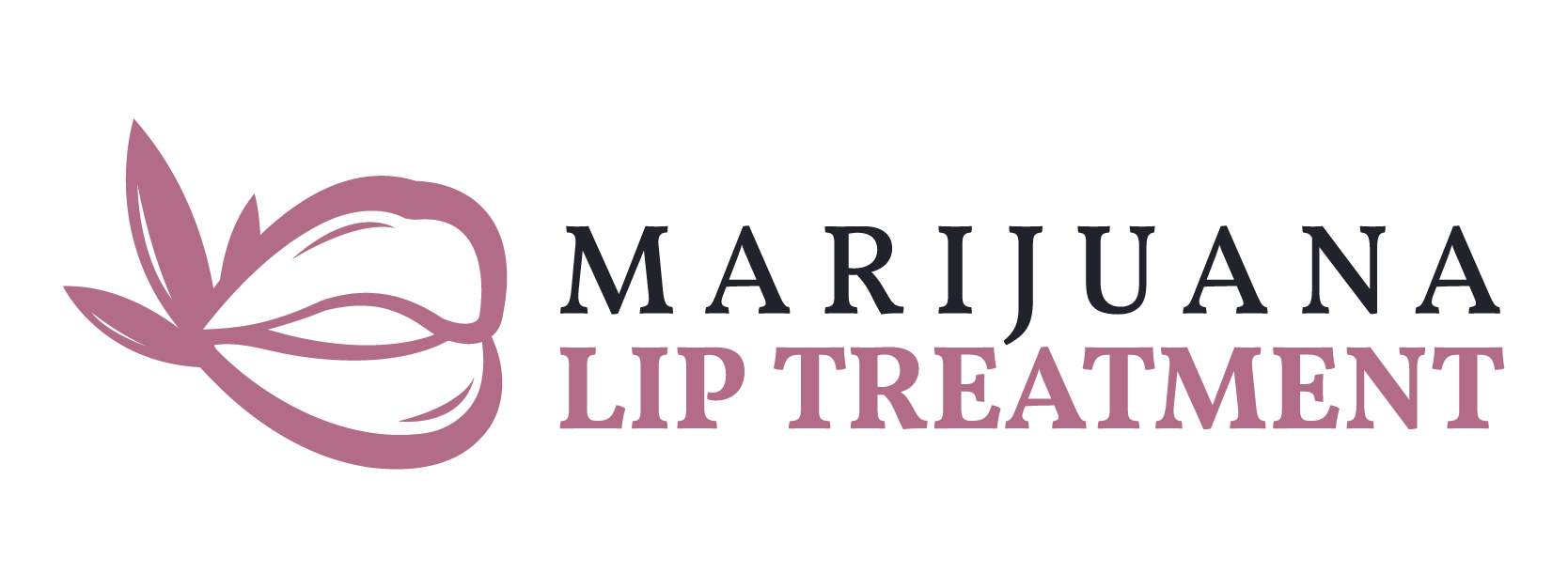The skin on the lips is thinner than most other areas and lacks natural oil glands, which makes it prone to dryness and cracking. That’s why using a lip moisturizer is essential. Lip balms and lip oils both serve the purpose of keeping lips hydrated, but they work in different ways.
Lip balms are considered “barrier builders.” They often contain occlusive ingredients such as beeswax, shea butter, or petrolatum that form a protective layer over the lips. This barrier helps lock in existing moisture and prevents water loss. Balms are thicker in texture and are especially effective in harsh or dry conditions.
Lip oils, on the other hand, focus on providing softness and shine. They are made from nourishing oils such as jojoba, argan, or hemp seed oil that sink into the lips to smooth and condition them. Oils feel lightweight and glossy, making them ideal for those who prefer a natural sheen and don’t need heavy protection. However, they may not provide the same long-lasting barrier as balms.
When to Use Each
During the day, a lighter lip oil can deliver instant hydration and comfort while leaving a natural glow. Many lip oils now include plant-based extracts or antioxidants to support healthy skin and improve texture over time. For those spending time outdoors, a lip balm with SPF is strongly recommended to shield against sun damage and prevent chapping.
At night, or during colder months, a thicker balm or ointment works better. It locks in moisture overnight, helping the lips recover from environmental stress. Those who experience severely dry or cracked lips often find that applying a balm before bed makes a noticeable difference by morning.
Key Ingredients to Look For
Both product types can include beneficial ingredients. Shea butter, ceramides, and natural oils provide hydration, while waxes or petrolatum help retain it. Consumers should be cautious with products that include menthol, camphor, or strong fragrances, which can cause irritation or a burning sensation for some.
Hemp seed oil and CBD oil are increasingly common in lip products. Hemp seed oil, derived from the seeds of the plant, is rich in fatty acids and ideal for softening lips. CBD oil, extracted from other parts of the plant, is used for its potential soothing properties, though research on its benefits for lip care is still developing.
Finding What Works Best
For severely dry or weather-exposed lips, a balm or ointment is the better option. For everyday hydration and shine, lip oils—or even balm-oil hybrids—offer comfort and flexibility. Ultimately, many consumers use both: a balm for protection and a lip oil for a polished, moisturizing finish.
